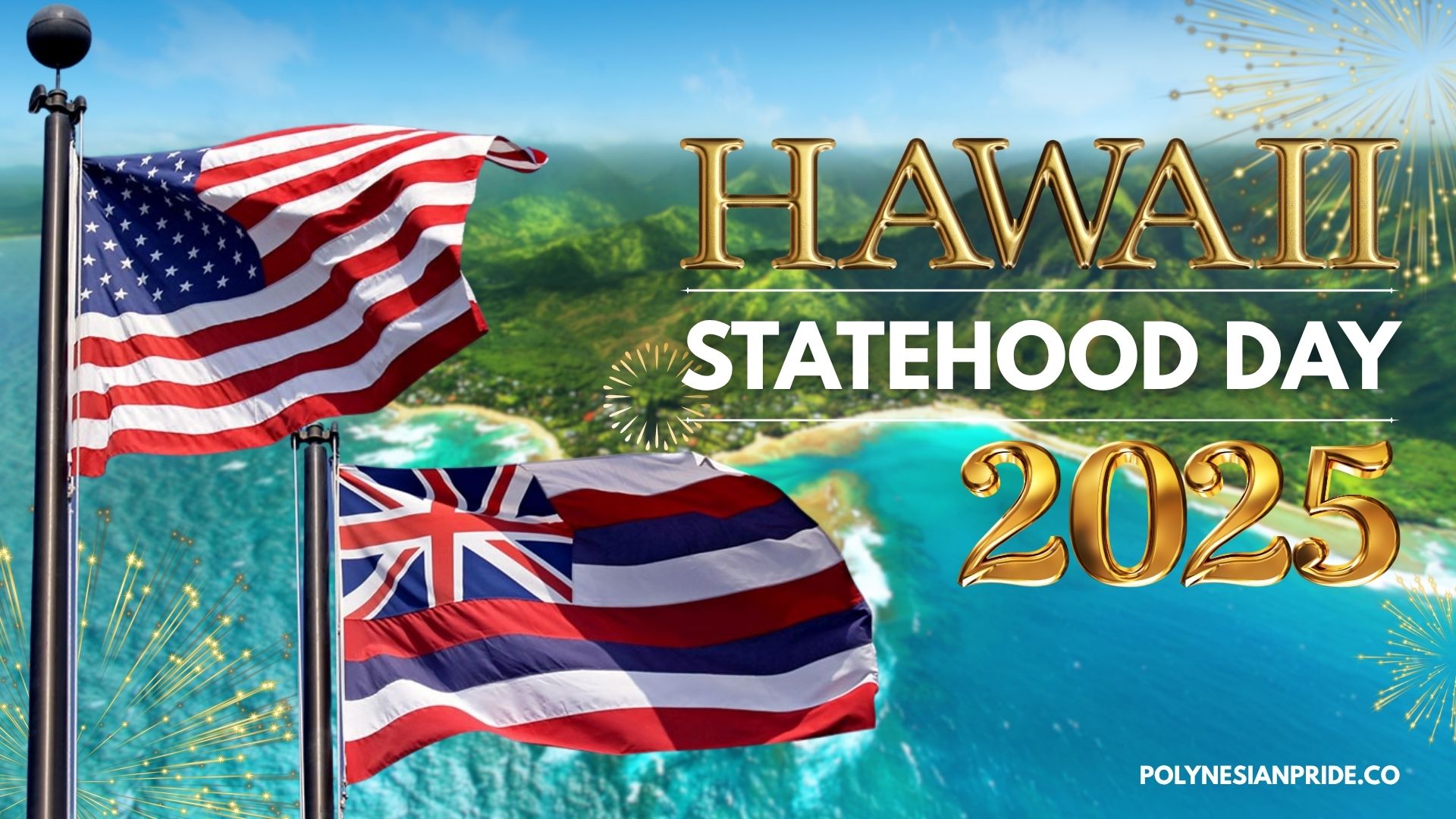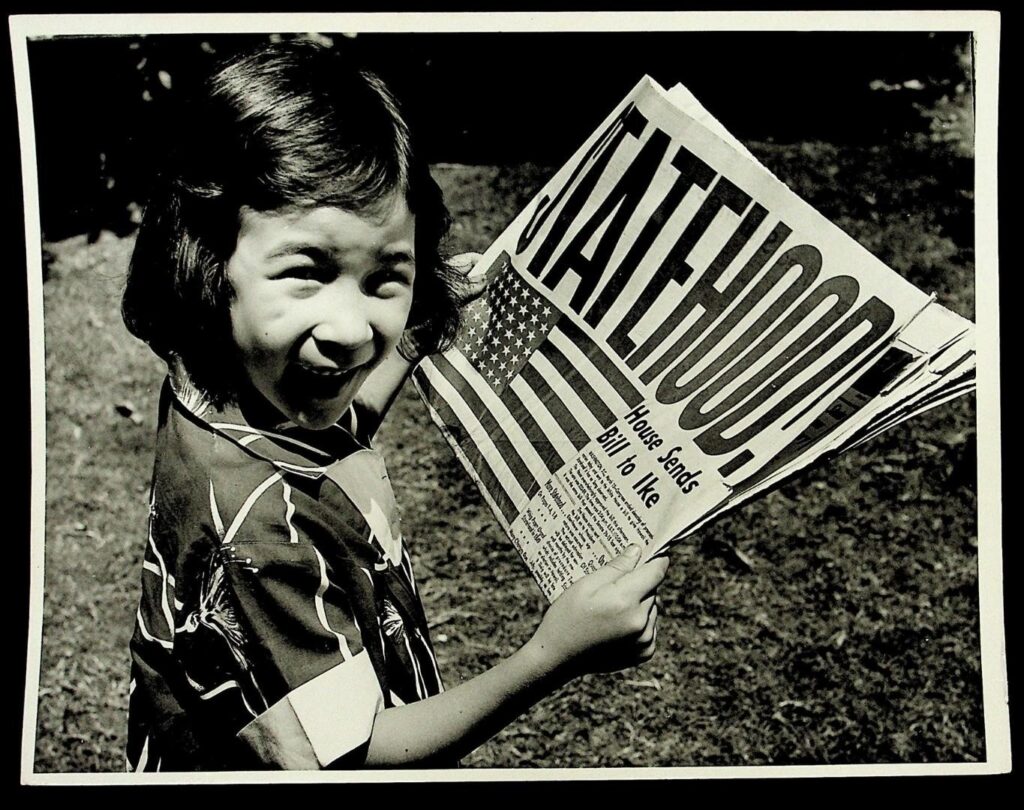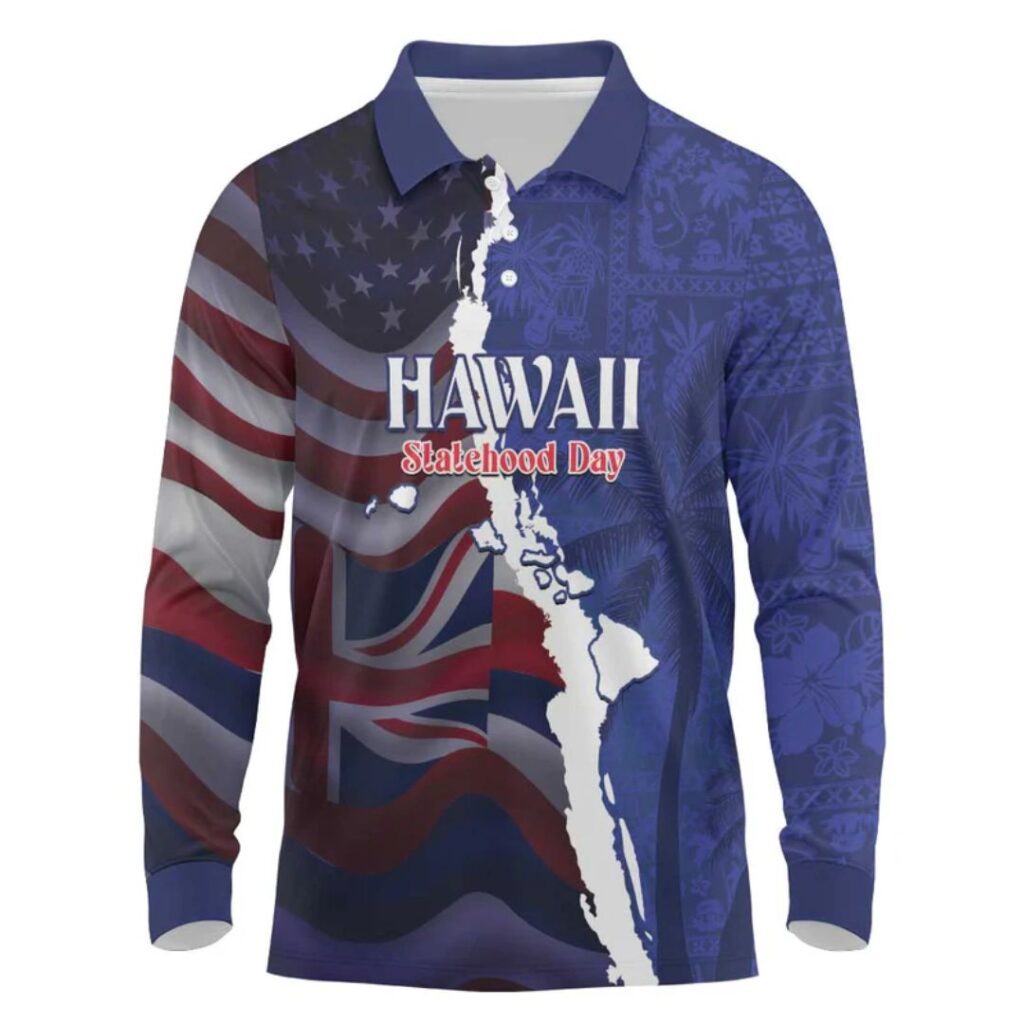Hawaii Statehood Day 2025: 66 Remarkable Years of Aloha

Hawaii Statehood Day, also known as Admissions Day, marks a significant moment in American history – the day when Hawaii became the 50th state of the United States. As we approach the celebration of this milestone in 2025, it’s time to reflect on the rich history, cultural significance, and vibrant traditions that make this day so unique.
What is Hawaii Statehood Day 2025?
Understanding Hawaii Statehood Day
Hawaii Statehood Day isn’t just another holiday; it’s a celebration of the island’s unique journey and the struggles that led to its inclusion in the United States. For both residents and visitors, this day presents an opportunity to reflect on what it means to be part of this beautiful archipelago and the broader American narrative. The celebration honors Hawaii’s achievements while acknowledging the complexities surrounding its statehood, encouraging a deeper understanding of the island’s cultural identity.
Honoring Hawaiian Culture and Heritage
Celebrating Hawaii Statehood Day means more than commemorating a historical event – it’s about honoring the islands’ rich cultural heritage. Traditional practices, languages, and art forms deeply intertwine Hawaii’s identity. For Native Hawaiians, statehood often evokes mixed emotions, reminding them of loss and resilience. Events during Statehood Day frequently feature traditional music, hula dancing, and other cultural expressions, providing a platform for residents and visitors to engage with Hawaii’s vibrant history.

Reflecting on the Past and Looking Forward
As Hawaii prepares to celebrate its 66th Statehood Day in 2025, it’s essential to reflect on the past and consider the future. Hawaii Statehood Day is more than just a date on the calendar; it’s a reminder of the struggles endured by previous generations and a pledge to honor their legacy through continued advocacy for cultural respect, inclusion, and equality.
When is Hawaii Statehood Day 2025?
Here’s a quick breakdown of what you need to know about this day in 2025:
- Hawaii became a U.S. state on August 21, 1959.
- Hawaii Statehood Day is celebrated annually on the third Friday of August.
- In 2025, it will be observed on Friday, August 15.
- On this day, state government offices, schools, and major universities are closed.
However, due to the ongoing tensions surrounding the holiday, the observance is often more subdued, with fewer large-scale celebrations and more quiet commemorations or protests marking Admission Day.
The Historical Journey to Statehood
To fully appreciate this day, it’s essential to understand the historical journey that led to this momentous occasion. Hawaii’s path to statehood is a complex tapestry woven from threads of colonization, cultural change, and political struggle.
The Kingdom of Hawaii
Before becoming a U.S. territory, Hawaii was a sovereign kingdom ruled by its monarchs, who governed with deep-rooted traditions. The Kingdom of Hawaii was established in 1810, marking the unification of the islands under King Kamehameha I. This period was characterized by self-governance and a flourishing cultural landscape, setting the stage for later political shifts.

U.S. Influence and Annexation
The 19th century saw increasing American influence in Hawaii, mainly through the growth of the sugar industry. This influence led to the overthrow of the Hawaiian monarchy in 1893 by a coalition of American interests and local business leaders. In 1898, the United States annexed Hawaii, a controversial move that remains contentious among Native Hawaiians today.
Territory of Hawaii
Hawaii became a U.S. territory in 1900, a status that brought profound changes to the islands. Although the U.S. granted residents citizenship, they needed more representation in Congress and faced barriers to equal rights. This period saw a growing movement for greater autonomy and statehood, as citizens advocated for recognition of Hawaii’s unique needs and identity.
The Movement for Statehood
In the mid-20th century, they brought renewed vigor to Hawaii’s quest for statehood. Advocates argued that Hawaii’s residents, as loyal U.S. citizens, deserved the same rights and privileges as those in the mainland states. After years of proposals and debates, Congress passed the Hawaii Statehood Act in 1959, officially making Hawaii the 50th state of the United States.

The Significance of Hawaii Statehood Day 2025

- Self-Determination: Marks Hawaii’s journey toward political autonomy through grassroots efforts and cultural resilience.
- Cultural Preservation: Celebrates Hawaiian heritage and sparks dialogue about Indigenous identity within the U.S.
- Representation & Equality: Highlights Hawaii’s voice in federal policy while advocating for continued social and environmental justice.
- Economic Growth: Acknowledges the boost in tourism and infrastructure, while stressing the need for sustainable development.
- National Unity: Showcases Hawaii’s cultural diversity as a vital part of America’s collective identity.
Hawaii Statehood Day: What to Expect?
Although Hawaii Statehood Day is an official holiday, it’s not widely or loudly celebrated like other local holidays such as King Kamehameha Day. Due to strong opposition from many Native Hawaiians who view statehood as a loss of sovereignty rather than a cause for celebration, the state government has taken a more subdued approach to observance in recent years.
That said, you can still look forward to smaller, meaningful events that highlight the rich cultural heritage of the islands – think traditional Hawaiian music, storytelling, and community gatherings that offer an authentic island experience.
Special Performances
Traditional Hawaiian music and dance will take center stage during the festivities, captivating audiences with their beauty and storytelling. Hula troupes and musicians will perform throughout the day, highlighting the islands’ rich cultural heritage.
These performances serve as a reminder of the importance of oral histories and storytelling in Hawaiian culture. People convey the stories of ancestors and the land through song and dance, meaningfully connecting generations.

Historical Tours and Exhibits
Expect to find guided tours and historical exhibits at key cultural sites across the islands. Museums and educational institutions will curate displays that delve into the history of Hawaii’s journey to statehood, providing valuable insights and context for visitors.
These informative experiences allow individuals to understand Hawaii’s past better while contemplating its future. Engaging with the history of statehood enhances the significance of the celebration, creating lasting memories grounded in knowledge.
Food and Craft Fairs
During Statehood Day events, artisans and food vendors will showcase local crafts and delicious Hawaiian cuisine. Visitors will have the opportunity to browse handmade items, artwork, and souvenirs that reflect the artistry of the islands.
Food fairs will invite attendees to savor traditional dishes and explore the diverse flavors of Hawaiian cuisine. They will emphasize the importance of local ingredients and sustainability. Culinary experiences are integral to the celebrations, allowing flavors to tell their story.

Community Engagement
The spirit of community is at the heart of the Admissions Day holiday. Residents are encouraged to actively participate in events, volunteer, and contribute to the festivities, reinforcing bonds and connections that transcend cultural differences.
Engagement with local organizations promotes a strong sense of belonging and pride, reminding everyone that statehood is not solely a historical event but an ongoing journey toward inclusivity and collaboration.
So if you’re visiting Hawaii this August, Statehood Day is your chance to soak in more than just sunshine. Whether you’re exploring historic sites or dancing to the beat of a pahu drum, do it in style with our Statehood Day–inspired collection at Polynesian Pride Shop — from cool shirts and vibrant dresses to island-style home décor. Shop now!
How to Celebrate Hawaii Statehood Day in 2025?
Hawaii Statehood Day celebrations are a multifaceted experience that combines education, cultural appreciation, and community engagement. Here are some ways to join in the festivities:
Attend Statehood Day Events
Many schools and community organizations across Hawaii host events and lectures to educate the public about their rich culture and path to statehood. While visiting Hawaii is a fantastic way to experience the festivities firsthand, families and friends can also celebrate this day like a weekend party with barbecues or beach outings.

Visit Historical Sites
Exploring significant historical sites, such as Iolani Palace or Pearl Harbor, can transform your celebration into a meaningful journey back in time. Guided tours offer insights into the struggles and triumphs that led to statehood, enriching your experience of Hawaii’s history.

Learn About Hawaiian Culture
Engage in workshops and classes that teach traditional skills, such as hula dancing, lei making, and learning ʻŌlelo Hawaiʻi (the Hawaiian language). Participating in cultural activities fosters a deeper connection to the islands and the spirit of Aloha.

Enjoy Hawaiian Cuisine
Indulge in traditional Hawaiian dishes like kalua pig, poi, and lomi salmon. Local farmers’ markets and food fairs provide opportunities to taste authentic flavors while supporting local artisans and farmers.

CONCLUSION
Hawaii Statehood Day 2025 promises a vibrant and engaging celebration with activities highlighting the island’s cultural richness and historical significance. From statewide celebrations and special performances to historical tours and food fairs, there’s something for everyone to enjoy. As we gather to honor this milestone, let’s reflect on the lessons of the past and look forward to a future that embraces inclusivity, resilience, and cultural preservation.
Whether you’re a resident or a visitor, immerse yourself in the festivities, engage with the community, and take a moment to appreciate the spirit of Aloha that binds us all. Together, let’s cherish Hawaii’s past, present, and future journey and ensure that the values of harmony and respect continue to thrive in this jewel of the Pacific.
FAQs
What Is Statehood Day In Hawaii?
Hawaii Statehood Day, also known as Admissions Day, commemorates the day Hawaii became the 50th state of the United States.
What Year Did Hawaii Become A State?
Hawaii became a state on August 21, 1959.
What is Hawaii Admissions Day 2025?
In 2025, Hawaii will celebrate Admissions Day on Friday, August 15.
Is Hawaii Statehood Day a public holiday?
Yes, it’s a public holiday in Hawaii. Government offices, public schools, and many businesses may be closed on this day.
Why is Hawaii Statehood Day controversial for some people?
For some Native Hawaiians and others, Hawaii Statehood Day is controversial because it represents the loss of sovereignty and the impacts of colonization. The annexation and statehood process is seen by many as a violation of the rights and self-determination of the Native Hawaiian people.

I am Leilani Miller – I research focusing on Vanuatu – volcanic landscapes, blue holes, coral reefs & rainforests. I have over five years of experience researching and sharing insights on tourism and environmental activism. Explore and experience without limits through my latest article.
Contact information:
Email: [email protected]
Tel: +1 (808) 555-1528










